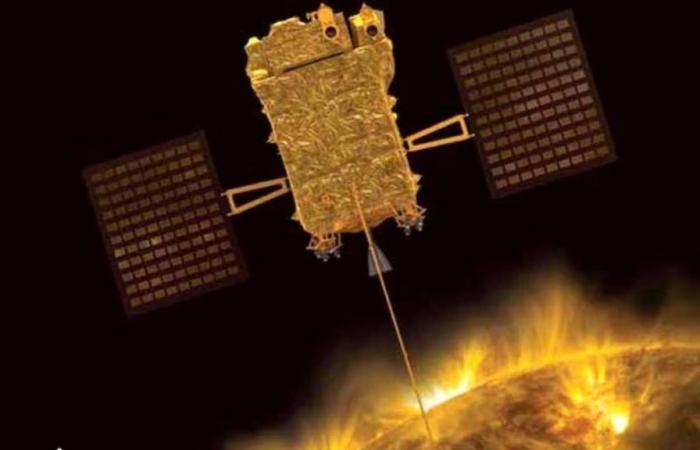The countdown has begun for the launch of India’s first solar mission Aditya-L1. Space scientists hope to gain new insights about the Sun’s past, present and future after analyzing data collected by Aditya-L1, India’s first solar mission to be launched by ISRO on September 2.
These data could be important for understanding potential climate changes on Earth in the coming decades and centuries. Solar physicist Professor Dipankar Banerjee said Aditya-L1 will reach the first Lagrange point about 1.5 million kilometers from Earth and transmit data, much of which will reach scientists for the first time from a platform in space. Lagrange point is called the equilibrium point where the gravitational forces of the Sun and the Earth are equal.
Banerjee said that it has been observed that every 11 years there is a change in the magnetic activity of the Sun which is called the solar cycle. There are also occasional changes in the magnetic field in the solar atmosphere that result in massive bursts of energy called solar storms. Banerjee said, “There have been many ice ages on the earth. People still do not fully understand how these ice ages came to be and whether the Sun was responsible for them.

